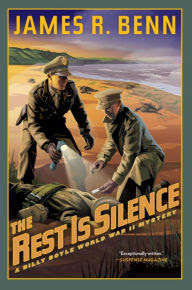 Carla Buckley is the author of The Deepest Secret, Invisible, The Things That Keep Us Here, and the newly released The Good Goodbye.
Carla Buckley is the author of The Deepest Secret, Invisible, The Things That Keep Us Here, and the newly released The Good Goodbye.Recently I asked the author about what she was reading. Buckley's reply:
Right now, I’m deeply engrossed in Erik Larson’s Dead Wake: The Last Crossing of the Lusitania, the non-fiction account of the sinking of the Lusitania. I’m not one to read history, especially when I know the ending, but after my husband ploughed through it and decided it was so good he had to immediately reread it, I was intrigued. I stole his copy from his nightstand and I haven’t beenVisit Carla Buckley's website.able to put it down. Larson’s skill lies in his ability to bring that period alive through vivid character study, and he organizes his material so smoothly that it makes for an effortless read. We follow the captains of the Lusitania and the U boat that sunk her, the ill-fated passengers and crew, and the leaders on two continents and feel as though we’re in the same rooms (or cabins) with them. I’m almost finished and absolutely dreading reaching the end. The good news for me is that he’s got a terrific-looking backlist!
--Marshal Zeringue






















































